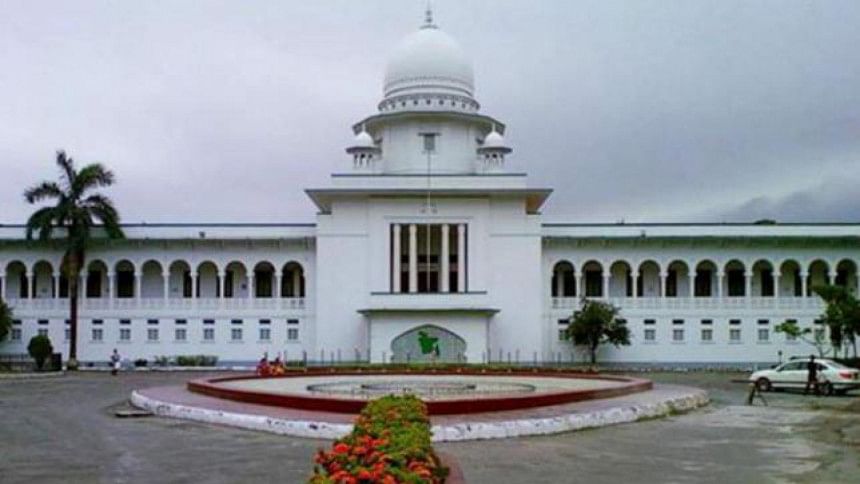Caretaker system scrapped under a pre-planned design

Jamaat-e-Islami lawyer Mohammad Shishir Manir yesterday told the Supreme Court that a dictatorial and totalitarian regime had been established in the country through the cancellation of the non-party caretaker government system."Due to this dictatorial regime, Bangladesh has gone through a major disaster in all aspects of politics, economy and social policy. The non-party caretaker government system is the most acceptable formula for democracy as it is possible to hold free, fair, impartial and...
Jamaat-e-Islami lawyer Mohammad Shishir Manir yesterday told the Supreme Court that a dictatorial and totalitarian regime had been established in the country through the cancellation of the non-party caretaker government system.
"Due to this dictatorial regime, Bangladesh has gone through a major disaster in all aspects of politics, economy and social policy. The non-party caretaker government system is the most acceptable formula for democracy as it is possible to hold free, fair, impartial and credible elections under such a government," he said.
The lawyer made the remarks while placing arguments before a seven-member bench of the Appellate Division of the Supreme Court, headed by Chief Justice Syed Refaat Ahmed, during the third day's hearing of the appeals and review petitions against its 2011 verdict that scrapped the non-party caretaker government system.
The apex court fixed October 28 for resuming the hearing.
Yesterday, Manir told the court that the caretaker government system was scrapped as part of a completely pre-planned design, although the parliamentary committee concerned at that time had not wanted to exclude the system.
Arguing for restoring the caretaker government system, Shishir Manir told the court that the system cannot be effectively implemented during the period of the current interim government as the parliament is not functional now.
He said whatever verdict the Appellate Division delivers in this case should conform with the July charter's proposals on the caretaker government system. Otherwise, the total reform process will be affected and lost, he added.
Earlier in the day, Barrister Ehsan A Siddiq, the lawyer for rights body Law, Governance and Policy, an intervener of the case, told the SC that the 13th amendment, which had introduced the caretaker system in 1996, is a basic structure of the constitution and a constitutional convention as it has strengthened the democracy of the country through holding free, fair and credible elections.
The elections held under the otherwise governments were questionable and therefore, the caretaker government system cannot be removed.
A seven-judge full bench of the Appellate Division, headed by the then Chief Justice ABM Khairul Haque, had declared by a majority view on May 10, 2011, the 13th Amendment to the Constitution null and void.